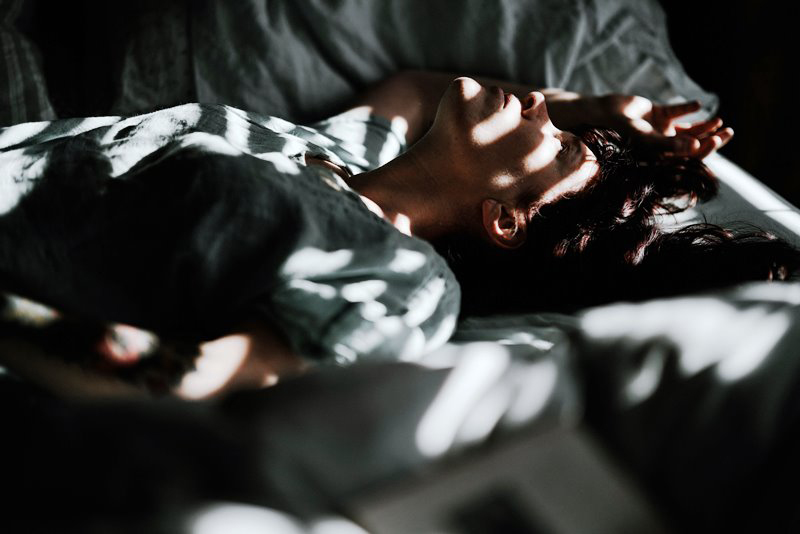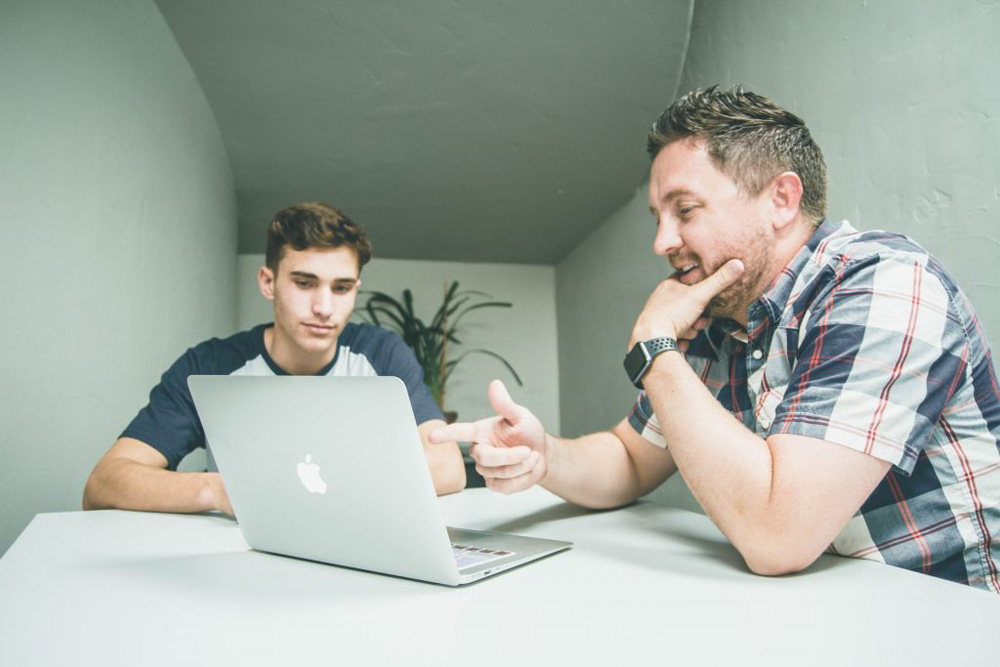
Autism is a lifelong, developmental disability that affects a person’s ability to communicate with and relates to other people. It also impacts on how they experience the world around them. The causes of autism are still unknown but many experts believe there is more than a single cause and that genetics may play a significant factor.
There is no known ‘cure’ for autism but that does not mean nothing can be done to help individuals on the autism spectrum develop and flourish as a person. So much has been learnt about the condition since it was first identified in the 1940s, including the fact that it can affect people in many different ways – and indeed two people with the same diagnosis can have a very different profile of needs and skills.
Alongside Action Mental Health’s New Horizons service in Newry and Mourne – which supports the recovery of individuals with mental ill-health through the delivery of vocational, employability and personal development training – is its Vision Project. The project is designed for people with the comorbid diagnosis of Asperger’s Syndrome/high functioning Autism Spectrum Disorder (ASD) and mental ill-health. It is delivered in partnership with the Southern Health and Social Care Trust (SHSCT) and the Department for Economy through the European Social Fund. It was developed in 2003 in response to identified need in the Newry and Mourne area with the aim of supporting them to achieve their full potential through the provision of a person-centred training and employment service.
John’s Story
John, (not his real name) is thirty years old and lives at home with his parents. He was diagnosed with Asperger’s syndrome at the age of 15 and suffers from social anxiety which affects his ability to engage in social settings. Prior to attending AMH he was reclusive, remaining at home for ten years, engaging only with family members. He had received support in school but had availed of no other services until 2016 when he was referred to mental health services.
When John first attended AMH New Horizons Newry and Mourne’s Vision Project he lacked confidence and self-esteem. He found it difficult to engage with others, solely focusing on completing computer courses as this did not require any interaction with others. One-to-one support was provided for him initially, but he was then encouraged to participate in group training within the service and to interact with other service users.
Due to the success of the support John has received, he has progressed from attending the service from just half a day a week to two to three days each week, depending on courses offered. He is actively working with an AMH Employment Officer to secure paid employment and has attended interviews with Tesco and other local organisations. He also recently completed a training placement with a major local company. Through skilled intervention and consistency there has been a notable improvement in the development of John’s social interaction and communication skills.
With a total of 30 accredited modules under his belt, including vocational, employability and personal development qualifications John completed all of these qualifications in a group setting which required interaction and discussion with group members. John, who spent two years with AMH Newry and Mourne, is also considering completing his essential skills in numeracy, as he left school without his GCSE in maths and hopes that this will increases his opportunity for employment.
John’s parents have also stated that he has shown huge progress in terms of personal development and appropriate learning since engaging in this service.
Ultimately, John successfully gained employment working for a cinema and although he is not currently still with them, the experience of going for an interview, being successful and starting work has added significantly to John’s self-esteem. He is confident that he will find the right job for his skills and personality and is putting in the hard work to make this a reality. On the personal side, John has got engaged and is happily making plans for his future. John has come a long way since the young man who couldn’t leave his house and AMH New Horizons Newry and Mourne Vision Project could not be more proud of his achievements and of the part the organisation has played in his development.






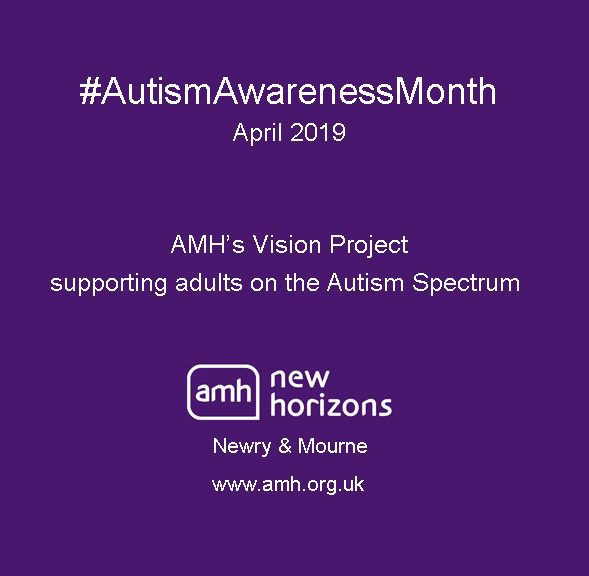
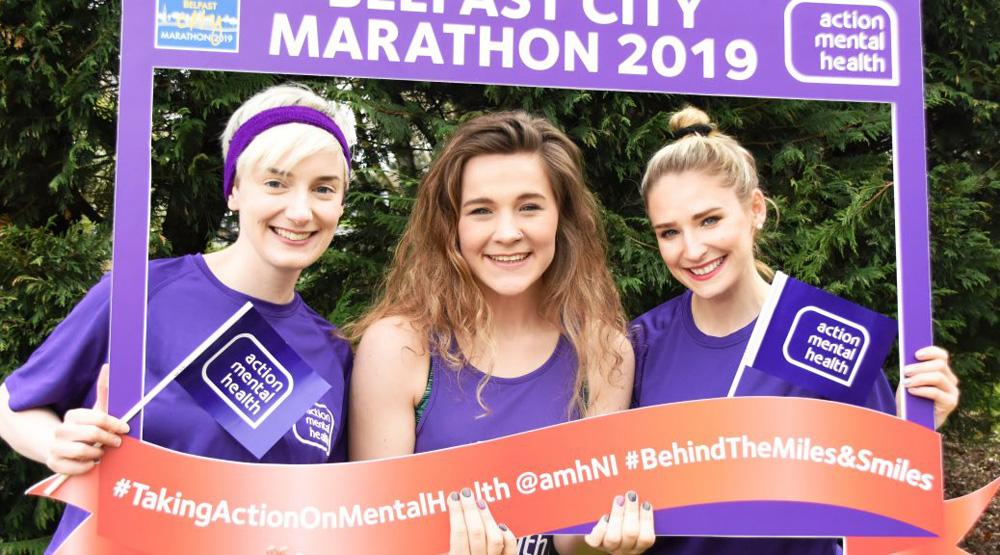
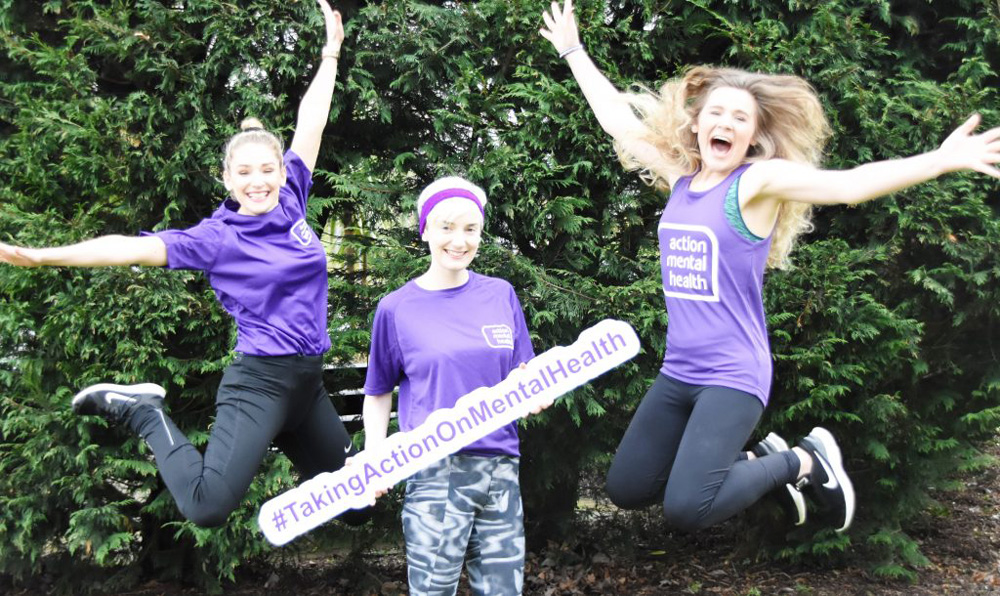 Volunteering your time to help Action Mental Health raise funds is not only good for us – it is also good for you, as well as your community.
Volunteering your time to help Action Mental Health raise funds is not only good for us – it is also good for you, as well as your community. 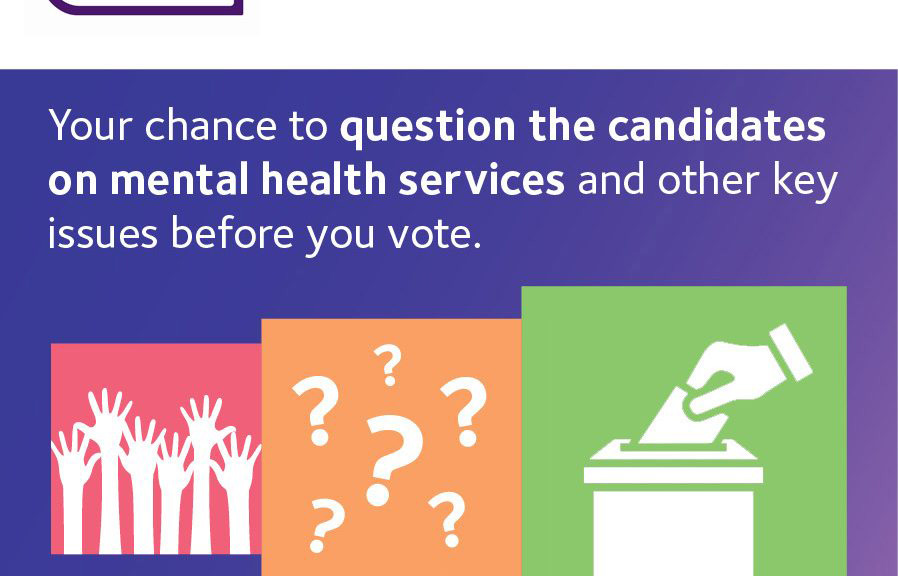
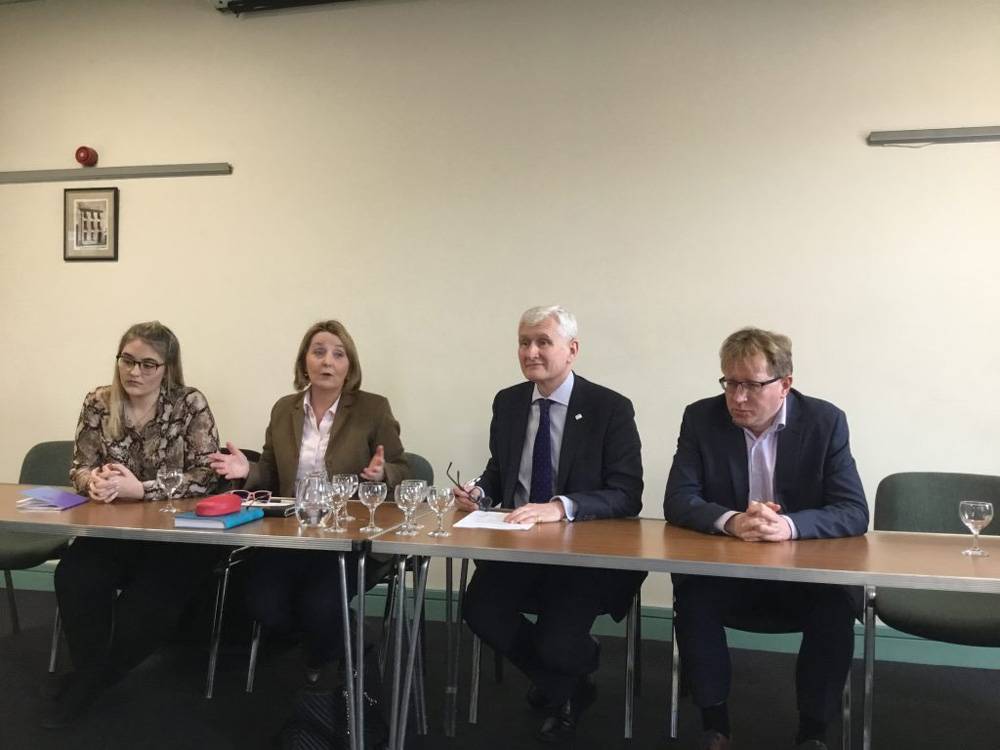
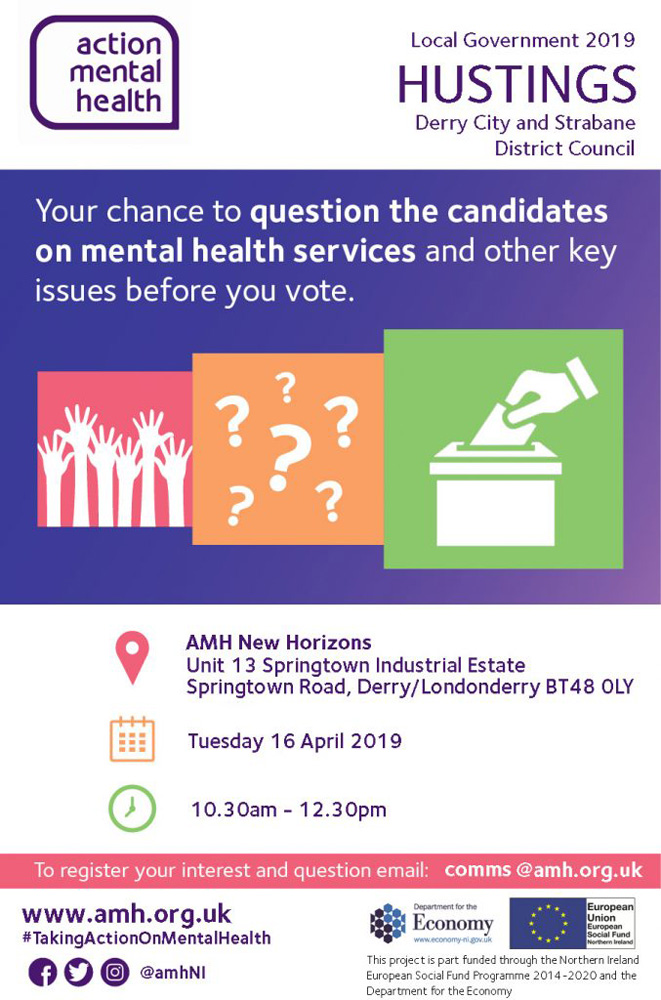
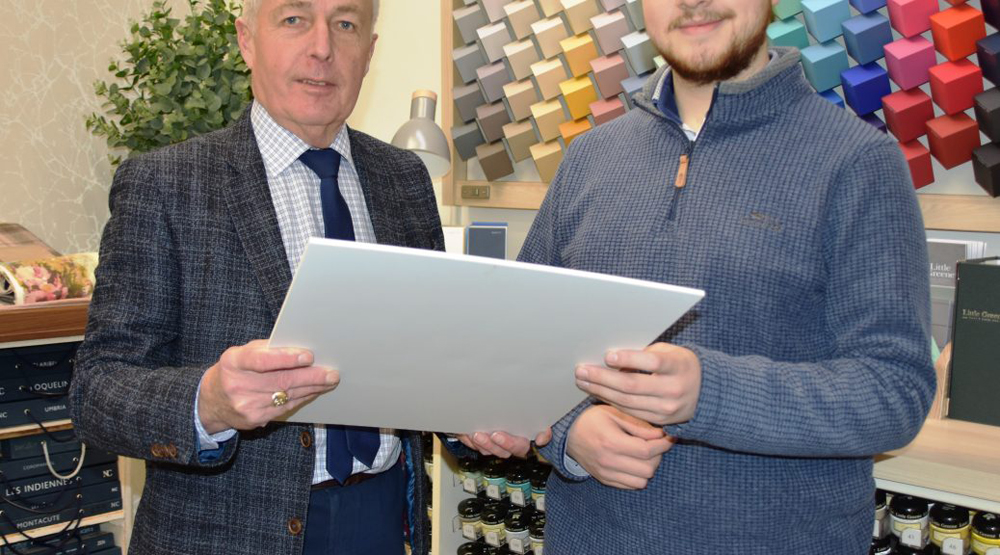
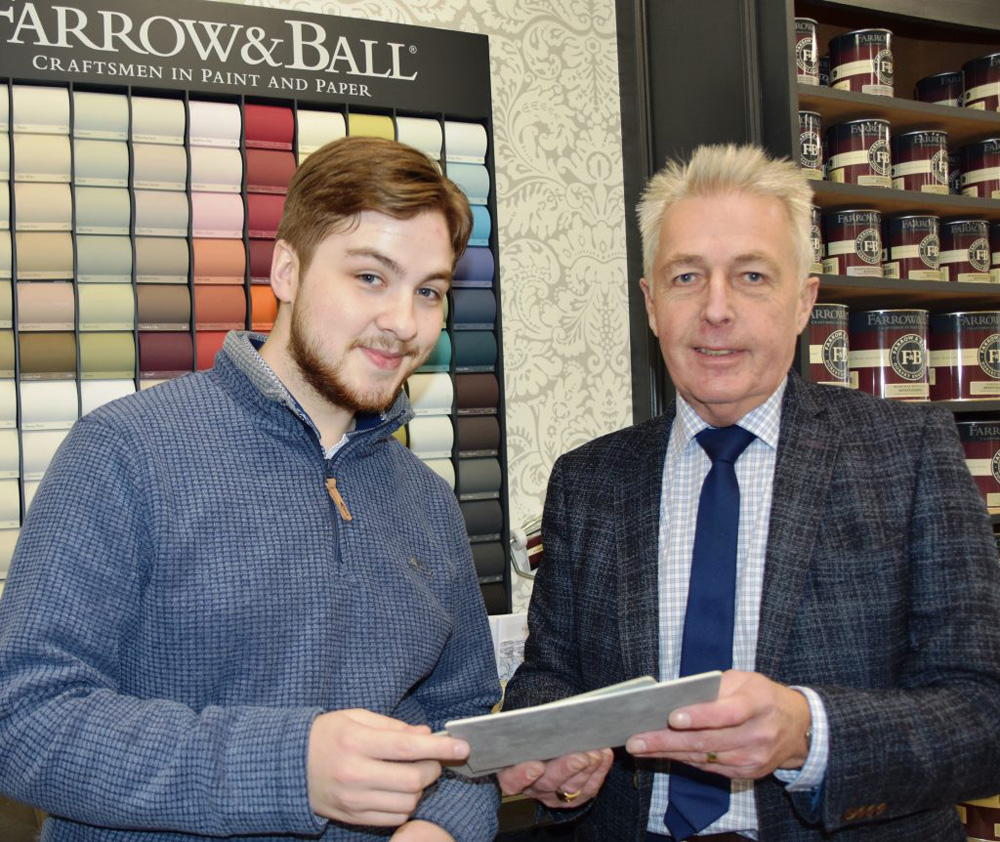


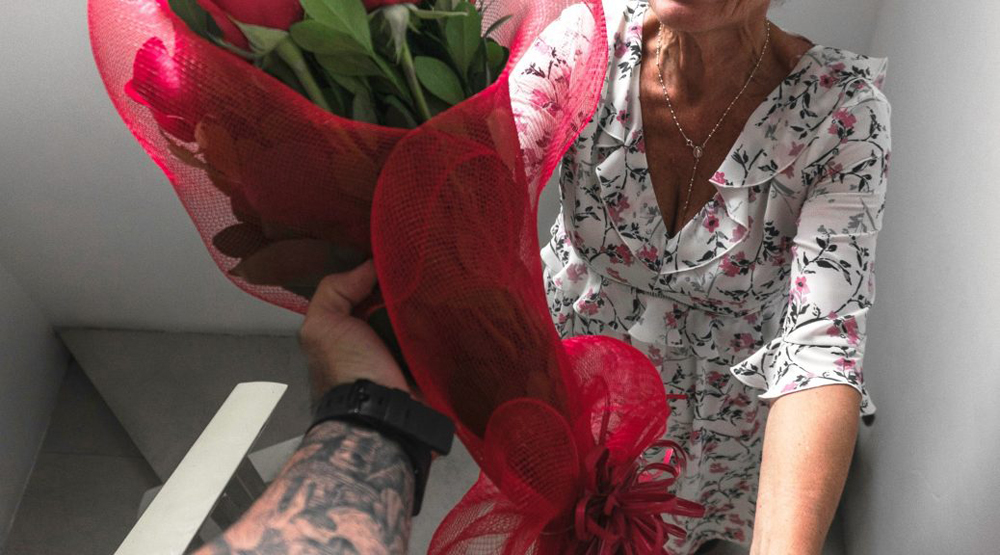
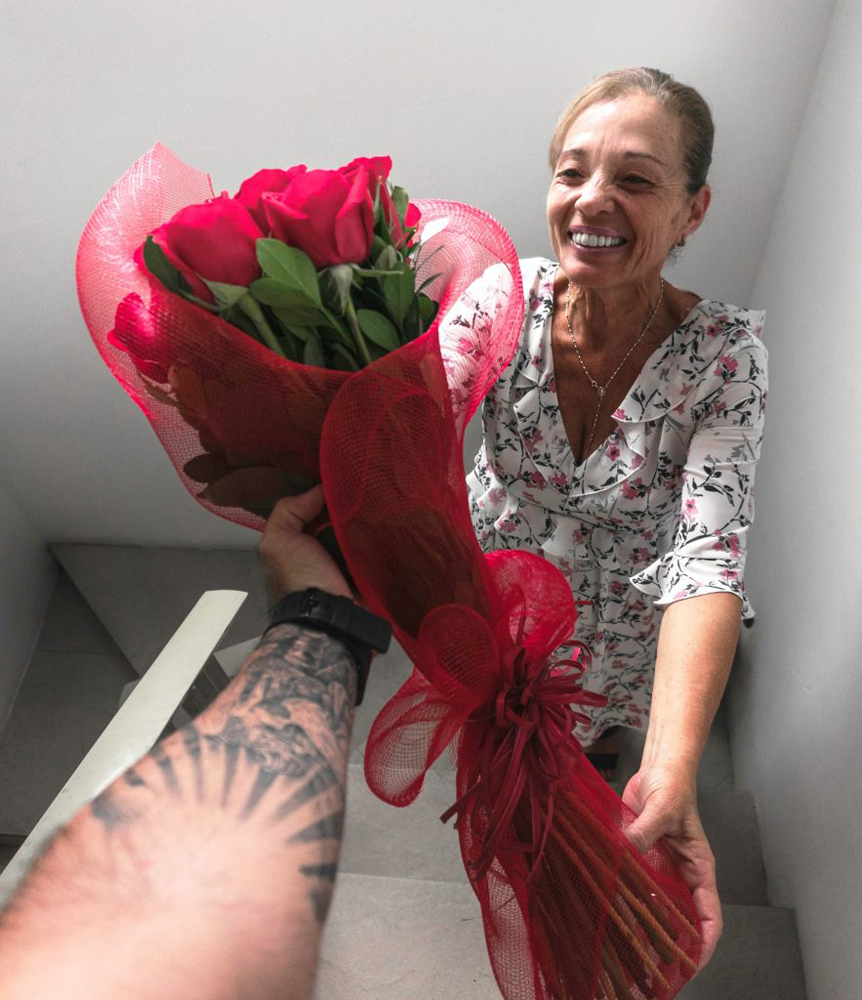 It’s almost that time of year when the card companies the world over rub their hands with glee as dutiful children of all ages traipse to the shops for Mother’s Day cards or make their own fabulous creations.
It’s almost that time of year when the card companies the world over rub their hands with glee as dutiful children of all ages traipse to the shops for Mother’s Day cards or make their own fabulous creations.
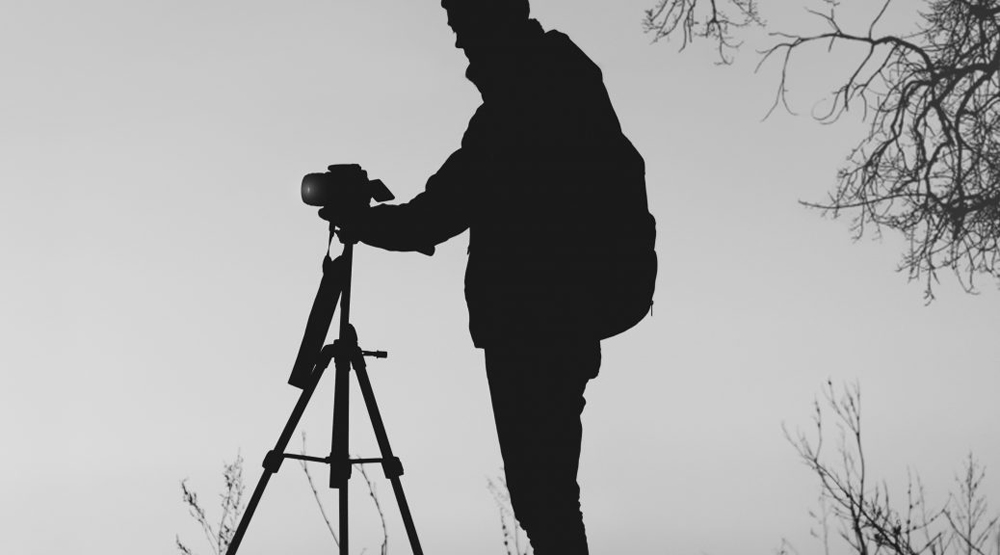

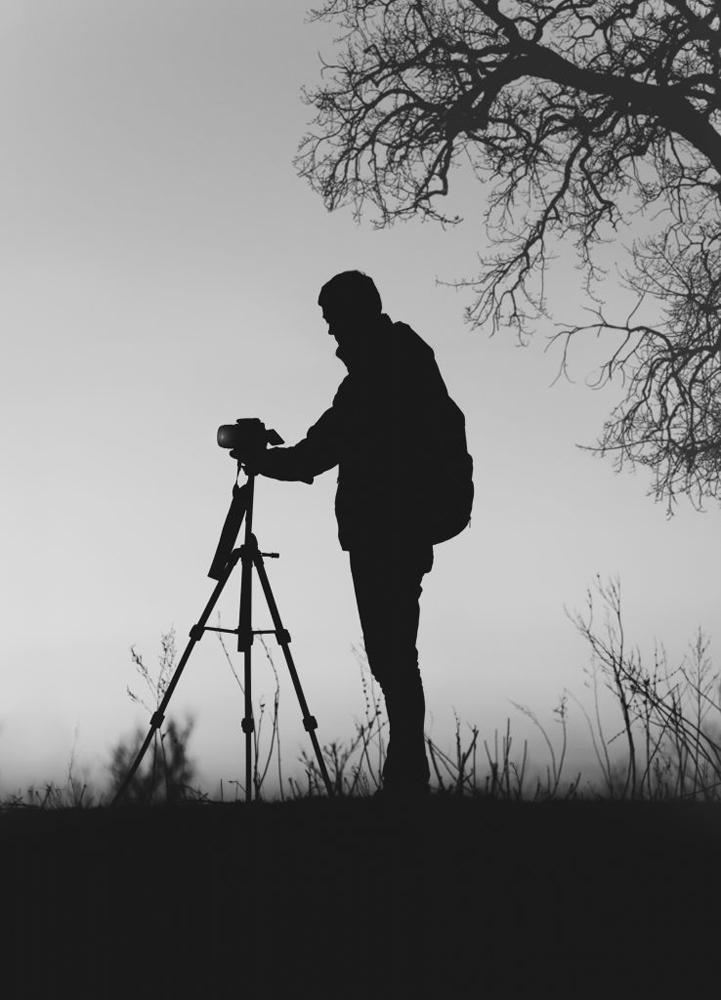

 My name is Brendan Lemon and I am 48 years old. I have suffered with some form or other of mental health problems since birth but all those years ago there wasn’t the same awareness of mental health issues as there are today. Your behaviour may have been put down to being a troublemaker, a bad boy or even worse, when in all honesty you were struggling and trying to deal with what was going on within yourself, wondering how every else was managing life the best – or so it seemed.
My name is Brendan Lemon and I am 48 years old. I have suffered with some form or other of mental health problems since birth but all those years ago there wasn’t the same awareness of mental health issues as there are today. Your behaviour may have been put down to being a troublemaker, a bad boy or even worse, when in all honesty you were struggling and trying to deal with what was going on within yourself, wondering how every else was managing life the best – or so it seemed.
